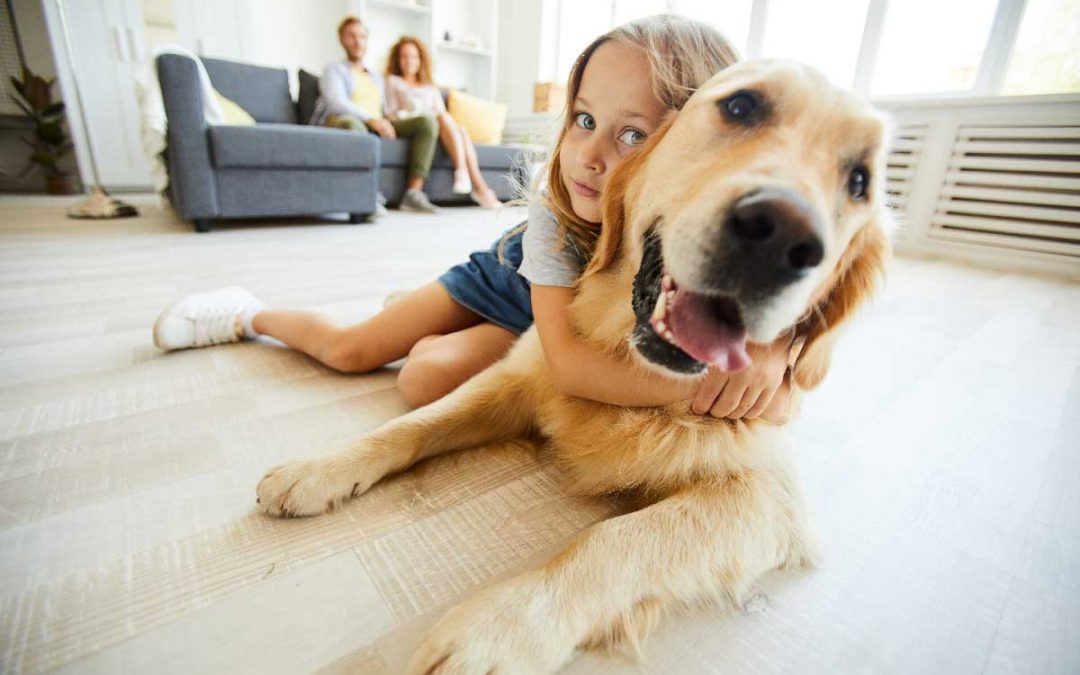The coronavirus pandemic has brought cleaning to the forefront and it is likely that you have more cleaning products than usual around the house. It is important to remember some ingredients in cleaning products can be dangerous for cats and dogs. As millions of people are disinfecting and cleaning, or taking cold and flu medications if they are sick—the fact that they might unwittingly poison their pets is unfortunately a possibility.
The cleaning products from stores that can kill the virus that causes COVID-19, can just as easily sicken or even kill dogs and cats. Cleaners with powerful odors that promise results are most likely dangerous, particularly cat owners, according to the experts. Disinfectants that are inherently toxic for animals: alcohol, bleach and hydrogen peroxide are the most common.
A classic example of how this could be risky for a pet would be if you were doing your due diligence, washing the floors, and disinfecting to keep your home healthy and the phone rings. While you are distracted, your dog or cat may be playing with that water, licking it or spilling it. No one intends for things like this to happen, but unfortunately it does.
Over the counter medicines such as acetaminophen (commonly taken for COVID-19 symptoms) can also endanger pets. There has been a national increase of pets being poisoned by medicines in the home, particularly since the beginning of the pandemic.
If you know or suspect your pet has been poisoned, you should seek veterinary medical help immediately. Call a local emergency vet to find out whether or not they should see your pet. If you are unable to contact a veterinarian, call the ASPCA Animal Poison Control Center at (888) 426-4435. Symptoms of pet poisoning may include vomiting, diarrhea, lethargy and sometimes seizures.
Tips for Keeping Pets Safe
- Resist distractions while cleaning or have someone clean for you
- Keep pets out of the room when you are cleaning
- Do not leave disinfectants or medications unattended
- Store all toxic products in a place that pets cannot reach
- Keep pets away freshly cleaned floors and counters until they dry
Both cats and dogs are at risk, but cats are particularly vulnerable because they are small, their bodies do not handle toxins as well and they are constantly licking their fur. Cats are also curious, inclined to get into seemingly inaccessible places and will explore new items with their nose or paws.
Dogs that are typically larger than cats will metabolize chemicals differently and although they do not clean their coats, they do lick their paws. They may also gobble down medications or cleaning products, especially liquids left in buckets unattended.
We all want happy and healthy families and that includes our pets. If you are able to keep your pets separated from the area that you are cleaning that is ideal. If you could use some assistance and would like someone to come to your home to perform that deep cleaning while you spend time with your pets, that works too. Give us a call, we would love to help!

